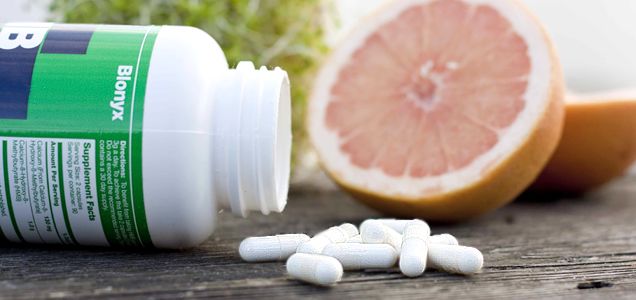
You might have heard that your gut health has an impact on every other aspect of your health. And, you will have heard right. Your gut health is an essential aspect of your overall health and wellbeing. Living in your gut are trillions of microorganisms, or gut microbiome. These play an essential role in various processes such as nutrient absorption, digestion, and immune system function.
However, there are several factors that can cause the gut microbiome to become unbalanced. And when this happens, it can cause a range of health problems to develop. So, it’s clear to see that improving your gut health has many benefits. Let’s take a look at some of the most effective methods you can try.
Eat a Variety of Whole Foods
Eating a varied, healthy diet is one of the most important things that you can do to boost gut health. Try to eat a diet that is rich in whole foods, such as vegetables, fruit, whole grains, and lean protein. These foods provide various essential fibers and nutrients that support the development of healthy, beneficial bacteria in the gut.
Some food types have the opposite effect. If you want better gut health, then it’s worth avoiding processed foods, as they are high in added chemicals and sugars that wreak havoc in your gut.
Eat Fermented Foods
Adding a range of fermented foods to your diet can be excellent for your gut health. Think kefir, yogurt, kombucha, kimchi, or sauerkraut. These are all excellent sources of probiotics – beneficial bacteria that live in your gut. Probiotics are essential for maintaining a healthy balance when it comes to gut bacteria. In turn, you’ll enjoy a range of health benefits such as improved immune function and better digestion.
Take Supplements
There are various supplements you can get that are designed to help boost your gut health. Probiotic and prebiotic supplements are some of the most popular. There are some differences between the two, however.
Prebiotics: These are live microorganisms that are similar to the beneficial microorganisms that live in the gut. They help with maintaining a healthy balance of gut bacteria by competing with harmful bacteria for resources. They also produce substances that inhibit harmful bacteria growth. Prebiotic fiber, such as Kfibre, acts as a valuable fuel source for the beneficial microorganisms in the gut, known as probiotics. By providing nourishment to these probiotics, prebiotics help foster a thriving and diverse gut microbiota.
Probiotics: These are non-digestible carbohydrates that act as food for the beneficial bacteria in the gut. You can take them in supplement form or find them naturally in fruits and vegetables. They provide beneficial bacteria with an energy source, which ultimately promotes their growth.
If you’re struggling with deciding between prebiotics or probiotics, the best option is to eat a diet that is rich in both.
Improve Your Lifestyle
Aside from your diet, several lifestyle factors can have a negative impact on your gut health. For example, not getting enough exercise or sleep, or being stressed out a lot can damage the balance of healthy bacteria in your gut. When it comes to improving your lifestyle for your gut health, the following is worth doing:
Exercise regularly: This improves digestion, reduces inflammation, and promotes the growth of healthy gut bacteria.
Reduce stress: If you are chronically stressed, then chances are you have a high level of a hormone known as cortisol, which disrupts gut bacteria balance. Strategies such as therapy, deep breathing, or meditation can help with stress reduction.
Get enough sleep: Sleep is crucial for your overall health and wellbeing, including your gut health. When you are asleep, your body repairs and regenerates its cells, including gut cells. For the best levels of gut health and wellbeing, 7-9 hours of sleep each night is recommended.
Your gut health has an impact on all other aspects of your health and wellbeing, which is why it’s so important to focus on incorporating healthy gut-boosting strategies into your diet and lifestyle.


















Follow Us